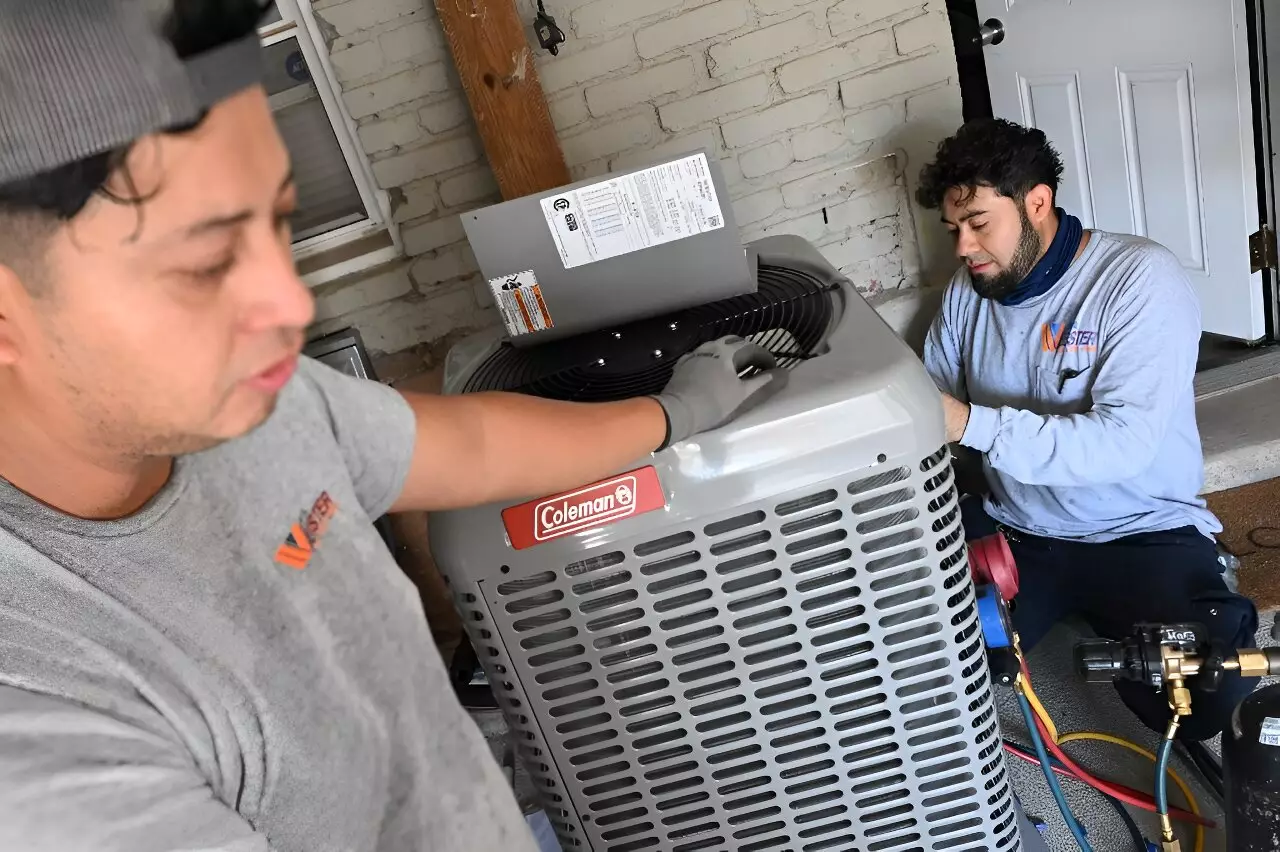As the United States continues to push towards greater electrification in homes, heat pumps have emerged as a key component in reducing carbon emissions and promoting more energy-efficient practices. While not as glamorous as electric cars or as well-known as solar panels, heat pumps offer a practical solution for replacing traditional heating and cooling systems with a single appliance. Despite being widely adopted in Asia and Europe, the technology has been slow to catch on in the US. However, with the introduction of incentives and subsidies through initiatives like the Inflation Reduction Act, more homeowners are beginning to see the benefits of transitioning to heat pumps.
Incentives and Subsidies Driving Adoption
One of the driving forces behind the increased adoption of heat pumps is the availability of tax credits and rebates for homeowners looking to make the switch. The Inflation Reduction Act, which offers up to $2,000 in tax credits for installing a heat pump, has made the transition more affordable for many households. In addition to federal incentives, individual states also provide their own programs to encourage electrification. For example, the Affordable Home Electrification program in Washington offers total home electrification at no cost to qualifying residents. These incentives make it more accessible for homeowners like Su Balasubramanian to invest in heat pump technology, which can often be a financially prohibitive endeavor.
While the benefits of heat pumps are clear, there are still challenges to overcome in terms of raising awareness and encouraging adoption. Many participants in electrification programs are seniors on fixed incomes, highlighting the need for education and outreach to a wider audience. Advocates suggest that electrifying one appliance at a time, as opposed to a full home electrification, can be a more manageable and cost-effective approach for homeowners. Despite these challenges, the potential impact of widespread heat pump adoption is significant, with the potential to reduce national greenhouse gas emissions by five to nine percent.
Regional differences play a significant role in the adoption of heat pump technology, with states like South Carolina leading the way in penetration rates due to factors such as cheap electricity and high air conditioning demand. New construction projects also contribute to the growing popularity of heat pumps, as builders and developers prioritize energy-efficient solutions. However, in states like Massachusetts, where heat pump penetration is lower, homeowners like Deane Coady are making the switch to electrification for climate reasons. As awareness and education continue to spread, it is likely that more homeowners will consider heat pumps as a viable option for reducing their carbon footprint.
A critical factor in the successful transition to heat pumps is the availability of knowledgeable contractors who can provide guidance and installation services to homeowners. While incentives like the Inflation Reduction Act offer funding for contractor training programs, there is still some institutional resistance to adopting new technologies. Overcoming this inertia and promoting the benefits of heat pumps will be essential in driving widespread adoption across the country.
The transition to heat pumps represents a significant opportunity for reducing carbon emissions and promoting more sustainable living practices. With the support of government incentives, informed contractors, and increasing awareness among homeowners, heat pumps have the potential to revolutionize the way we heat and cool our homes. As the technology continues to evolve and become more accessible, the future of home electrification looks brighter than ever.


Leave a Reply